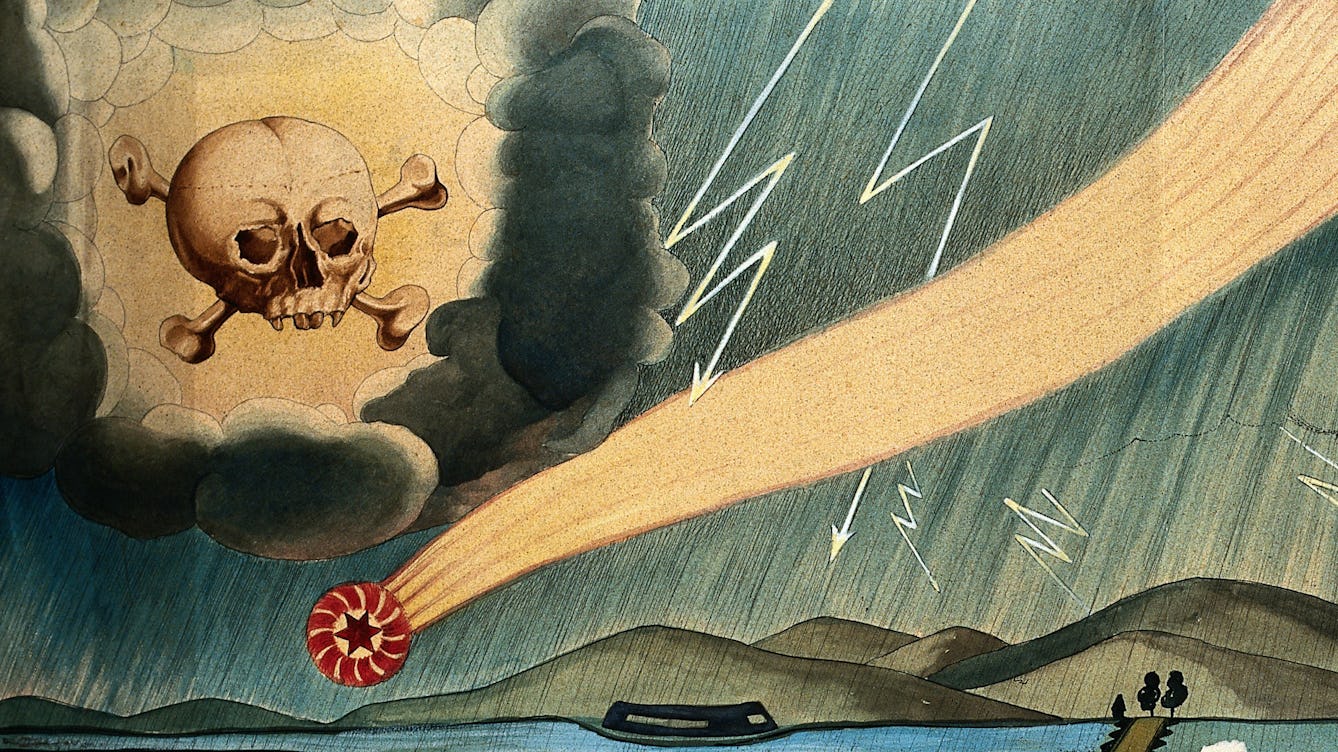
- Article
- Article
The current that kills
In the 19th century, electricity held life in the balance, with the power to execute – or reanimate.

- Long read
- Long read
Love, grief and assisted dying
In this deeply affecting story, Michelle Elliot explores the events and emotions around the time of her mother’s medically assisted death in Canada, where the practice is legal.

- Article
- Article
Seeds for the future
Indigenous groups have a key role as guardians of biodiversity, and their knowledge could help us all preserve our world. To survive, we all need to collaborate, reject prejudice, and share what we know.

- Article
- Article
Dealing with the dead after a nuclear attack
Cold War-era predictions of death on a vast scale became routine. But the British authorities were less prepared to dispose of the bodies.
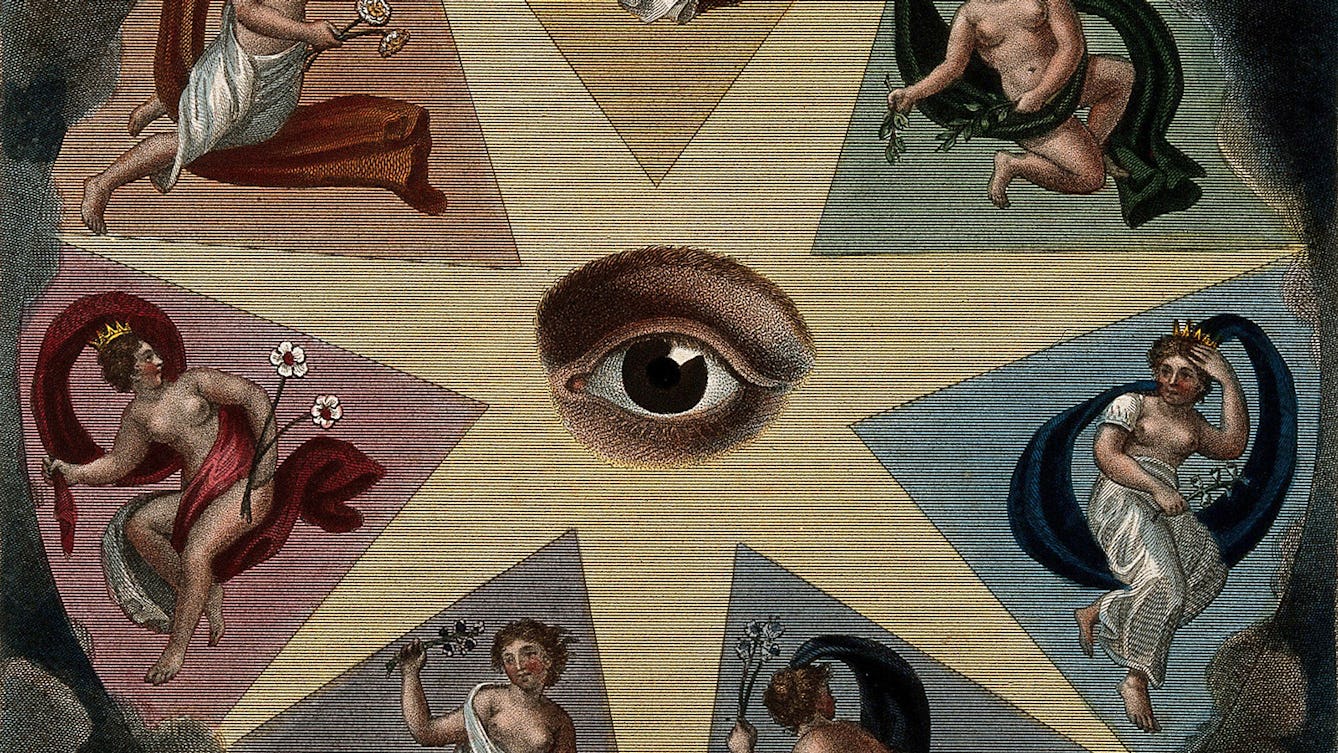
- Article
- Article
Do you see what I see?
Is reality actually what you see, or just an elaborate illusion?

- Article
- Article
Healing hard-working hands
The names we use to describe different hand injuries tell us about history, gender and class. Occupational therapist María Cristina Jiménez explores those injuries, and the changing ways we talk about them.

- Article
- Article
Finding out where my lithium comes from
The origins of the lithium Laura Grace Simpkins swallows daily are unclear. If we don’t know the provenance of our pills, how can we make informed decisions about them?

- Article
- Article
Designing better mental health wards
Bringing colour and natural light to tired, grubby mental health wards has a measurably positive effect on patients. A few groundbreaking projects are showing the way.

- Article
- Article
When ‘get well soon’ doesn’t cut it
When loved ones are seriously ill, we can hide behind dishonest platitudes or struggle to find the words. Meet the woman working to fix how we speak to sick people.

- Article
- Article
The psychological impact of nuclear war
How would you hold up psychologically if a nuclear bomb was dropped? Discover the British government’s secret predictions from the 1980s.

- Article
- Article
Are you still nursing?
Julia Martins might get the side-eye for breastfeeding a three-year-old in the UK but, as she explains, examples from history, as well as the cultural norms of Brazil, where she grew up, are firmly on the side of extended nursing.
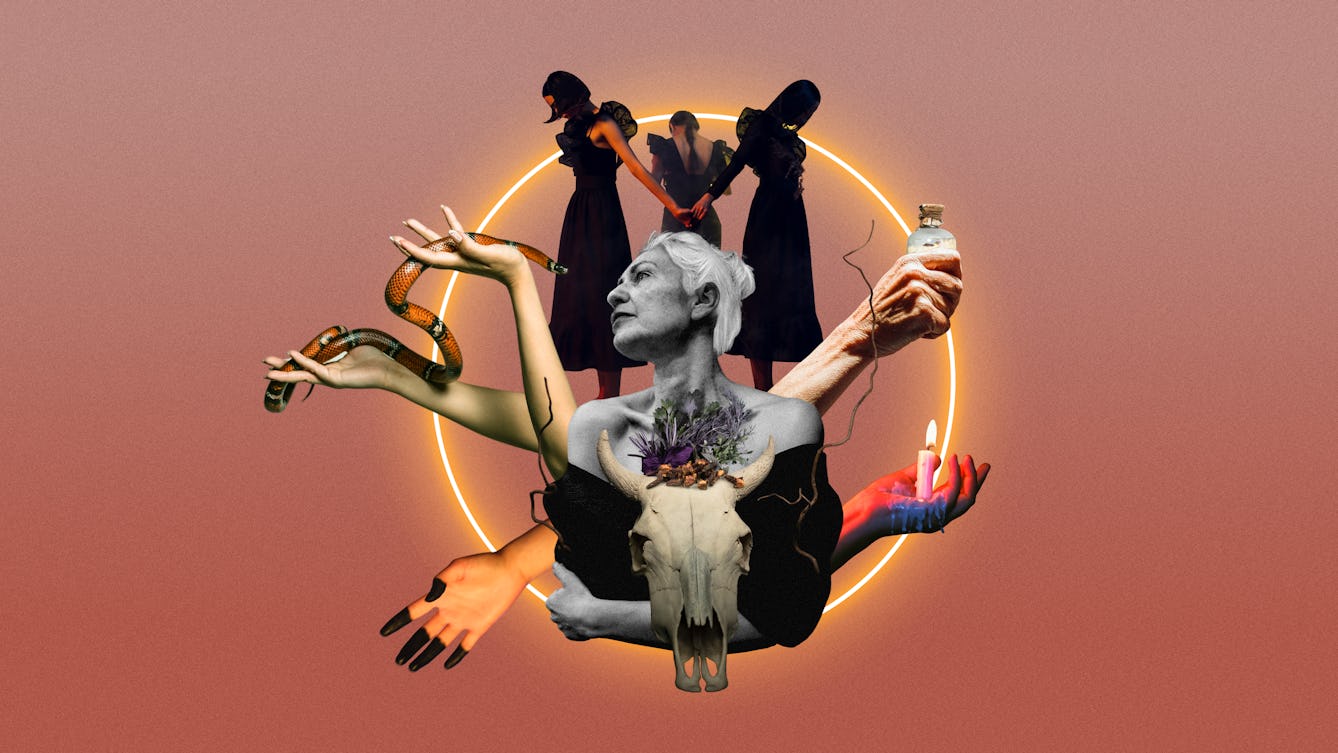
- Article
- Article
Witches
Many of the women persecuted as witches in the 16th-century “witch craze” were over 50 and exhibited signs of menopause. Helen Foster suggests that the stigma of the wicked witch still affects older women and how they deal with menopause.
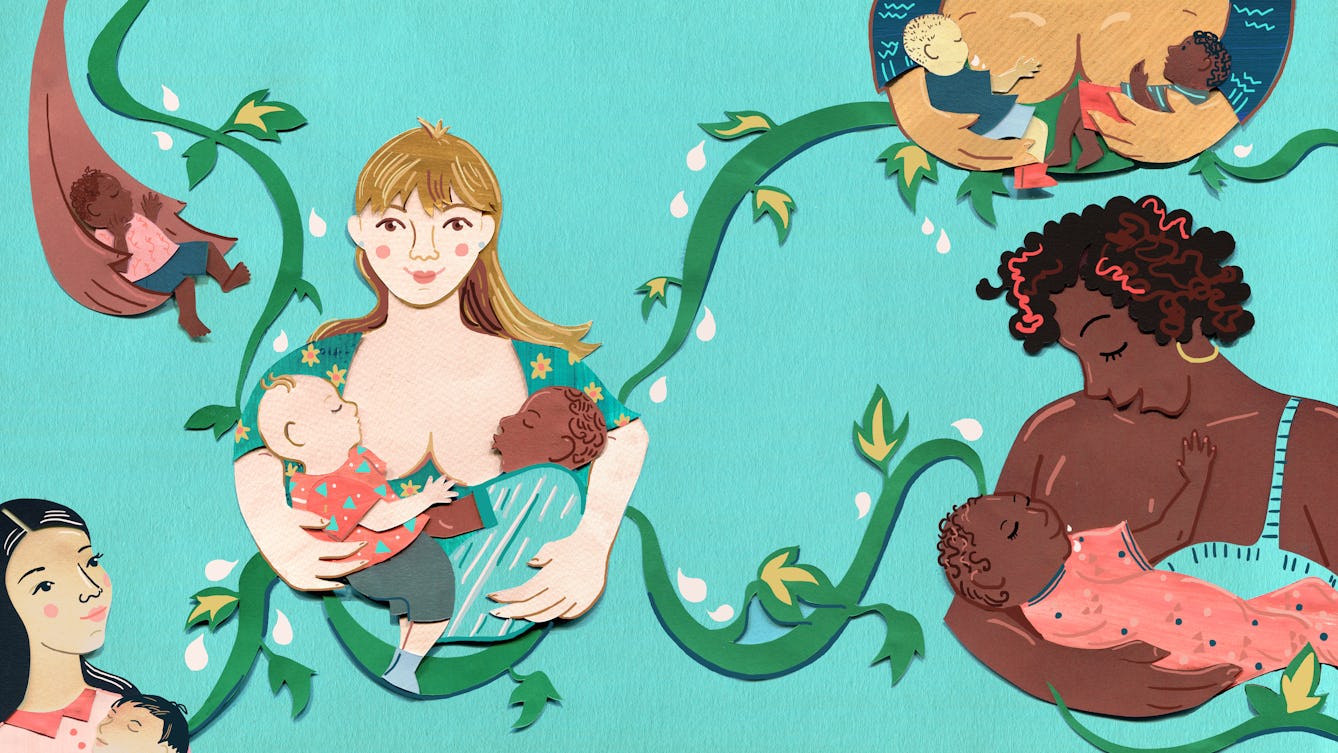
- Article
- Article
Communities of cross-feeders
A desire to help leads some women to “cross-feed” – breastfeed other parents’ babies for free. Alev Scott delves into the emotions behind this altruistic act.
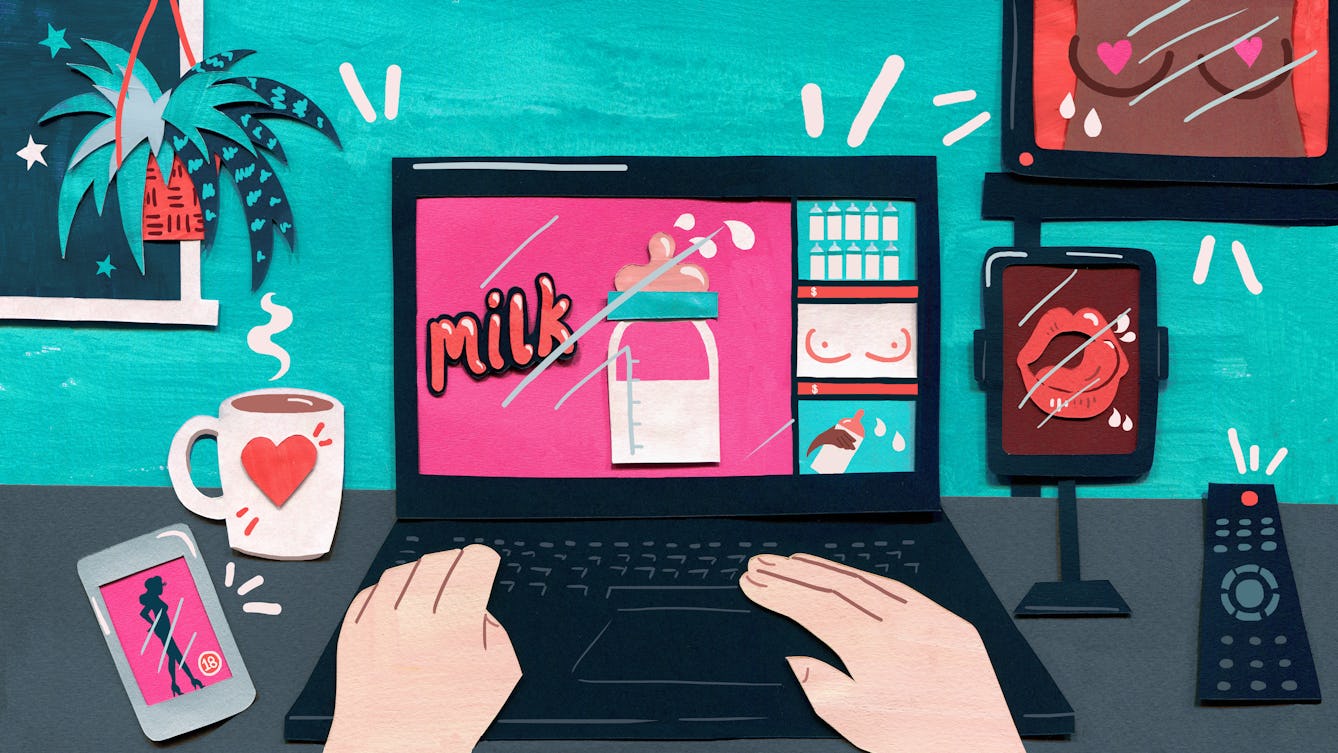
- Article
- Article
Trading breastmilk with men
When Alev Scott advertised her milk for sale, she was inundated with messages from men keen to satisfy sexual fetishes. Here she finds out who they are, and why women sell to them.

- Article
- Article
What is violence?
Criminologist Laura Bui explores her early understanding of violence and outlines its definition and wider consequences.

- Article
- Article
The ugly truth about fast fashion
Aja Barber reflects on her relationship with fast fashion, outlines its polluting and destructive effects, and shares the small, personal changes we can make that could help.

- Article
- Article
Keeping death close
Scattering her father’s ashes, Lauren Entwistle found herself longing for something physical that proved he once was a living, breathing person. Here she reflects on the objects that help us to grieve and remember.

- Article
- Article
Unravelling genetic origins from the potato to cinchona
Starting with the humble potato, Nataly Allasi Canales reveals how researchers unearth the genetic origins of modern plant varieties, and explains why their work is so important for biodiversity.
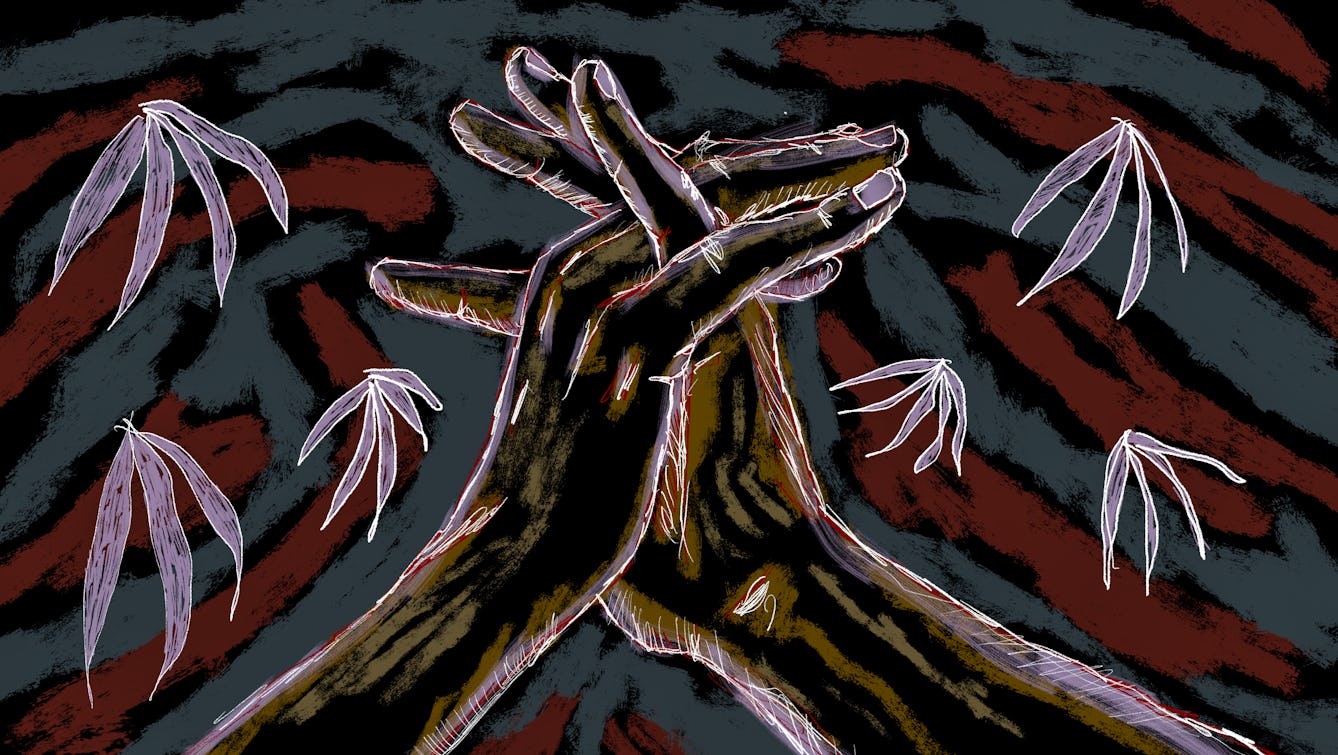
- Article
- Article
Surviving as a working-class woman without work
An enforced period of unemployment was extremely tough for Claire Hart, a working-class woman with a strong work ethic. Here she describes her feelings during this difficult time.

- Article
- Article
Coasting to catastrophe
In climate change, everything – and everyone – is connected. The watery process that will gradually cut off the Isle of Thanet from the British mainland has begun, and everyone in the UK needs to pay attention.

- Article
- Article
The big freeze
In recent years we’ve come to realise that global heating is our biggest threat. But it’s hard to shake off the fear of a return to ice-age conditions, the predominant narrative since the late 17th century.
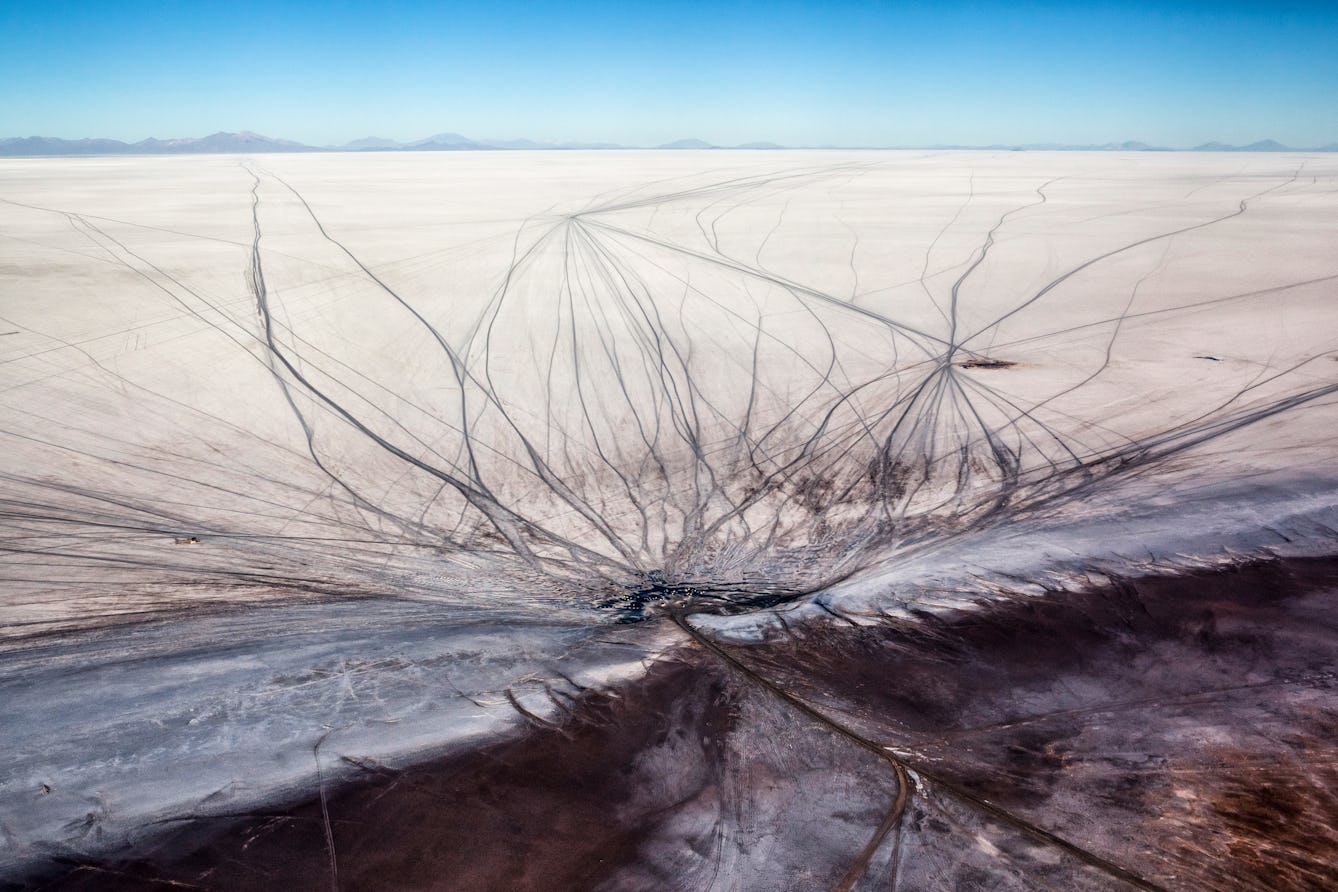
- Article
- Article
Conflicted and confused about lithium
Covid-19 left Laura Grace Simpkins out of work and living back with her parents. She now had time to restart her research into her medication, but was she mad to continue?

- Article
- Article
Families fighting for justice
In 1962 a group of parents whose children had been affected by thalidomide began a decades-long battle in the law courts, the media and Parliament in order to win fair justice for all thalidomide survivors.

- Article
- Article
Thalidomide babies
In a time without scans or antenatal tests, neither medical staff nor parents were prepared for the damage to the foetus caused by the thalidomide drug.

- Article
- Article
Making sense of senses lost
In rapid succession, Steve Barker suddenly lost sight and hearing on his left side. The effect on how he perceives the world has been profound.